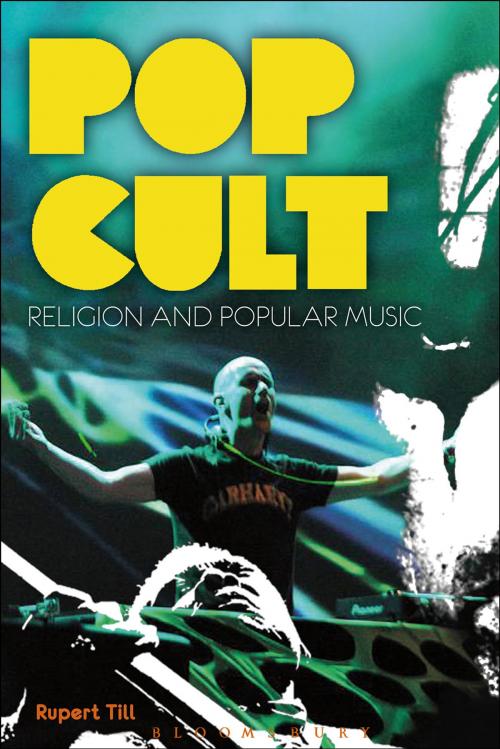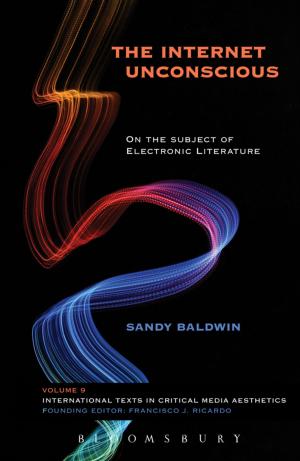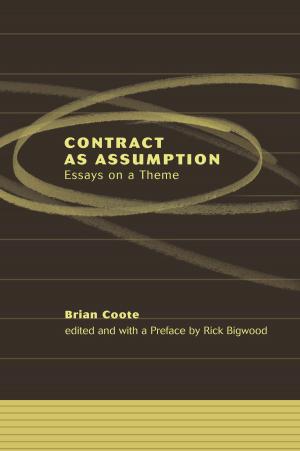Pop Cult
Religion and Popular Music
Nonfiction, Entertainment, Music, Music Styles, Religious, Social & Cultural Studies, Social Science, Sociology, Marriage & Family| Author: | Rupert Till | ISBN: | 9781441197245 |
| Publisher: | Bloomsbury Publishing | Publication: | September 30, 2010 |
| Imprint: | Continuum | Language: | English |
| Author: | Rupert Till |
| ISBN: | 9781441197245 |
| Publisher: | Bloomsbury Publishing |
| Publication: | September 30, 2010 |
| Imprint: | Continuum |
| Language: | English |
At a time when fundamentalism is on the rise, traditional religions are in decline and postmodernity has challenged any system that claims to be all-defining, young people have left their traditional places of worship and set up their own, in clubs, at festivals and within music culture.
Pop Cults investigates the ways in which popular music and its surrounding culture have become a primary site for the location of meaning, belief and identity. It provides an introduction to the history of the interactions of vernacular music and religion, and the role of music in religious culture.
Rupert Till explores the cults of heavy metal, pop stars, club culture and virtual popular music worlds, investigating the sex, drug, local and death cults of the sacred popular, and their relationships with traditional religions.
He concludes by discussing how and why popular music cultures have taken on many of the roles of traditional religions in contemporary society.
At a time when fundamentalism is on the rise, traditional religions are in decline and postmodernity has challenged any system that claims to be all-defining, young people have left their traditional places of worship and set up their own, in clubs, at festivals and within music culture.
Pop Cults investigates the ways in which popular music and its surrounding culture have become a primary site for the location of meaning, belief and identity. It provides an introduction to the history of the interactions of vernacular music and religion, and the role of music in religious culture.
Rupert Till explores the cults of heavy metal, pop stars, club culture and virtual popular music worlds, investigating the sex, drug, local and death cults of the sacred popular, and their relationships with traditional religions.
He concludes by discussing how and why popular music cultures have taken on many of the roles of traditional religions in contemporary society.















